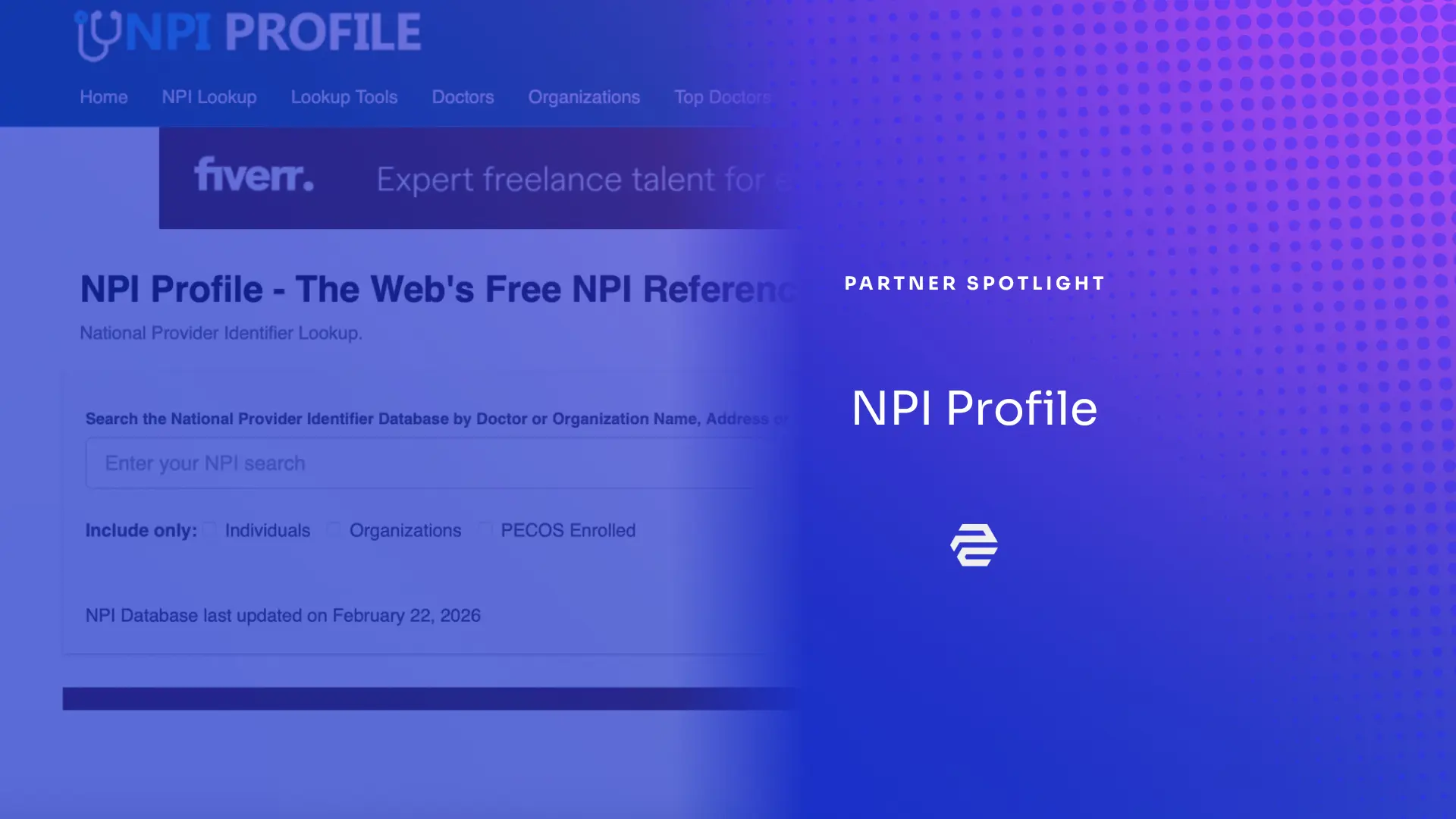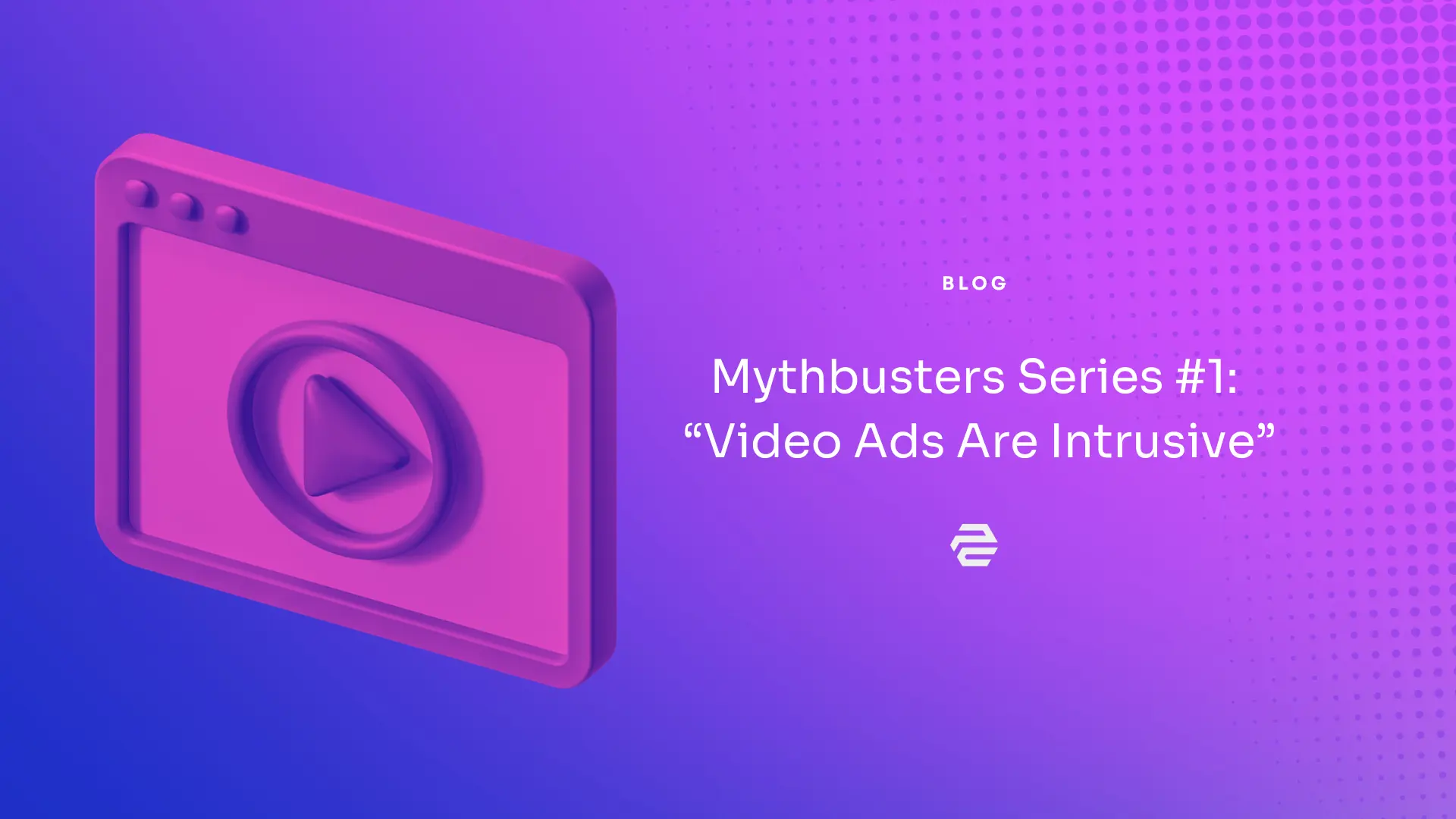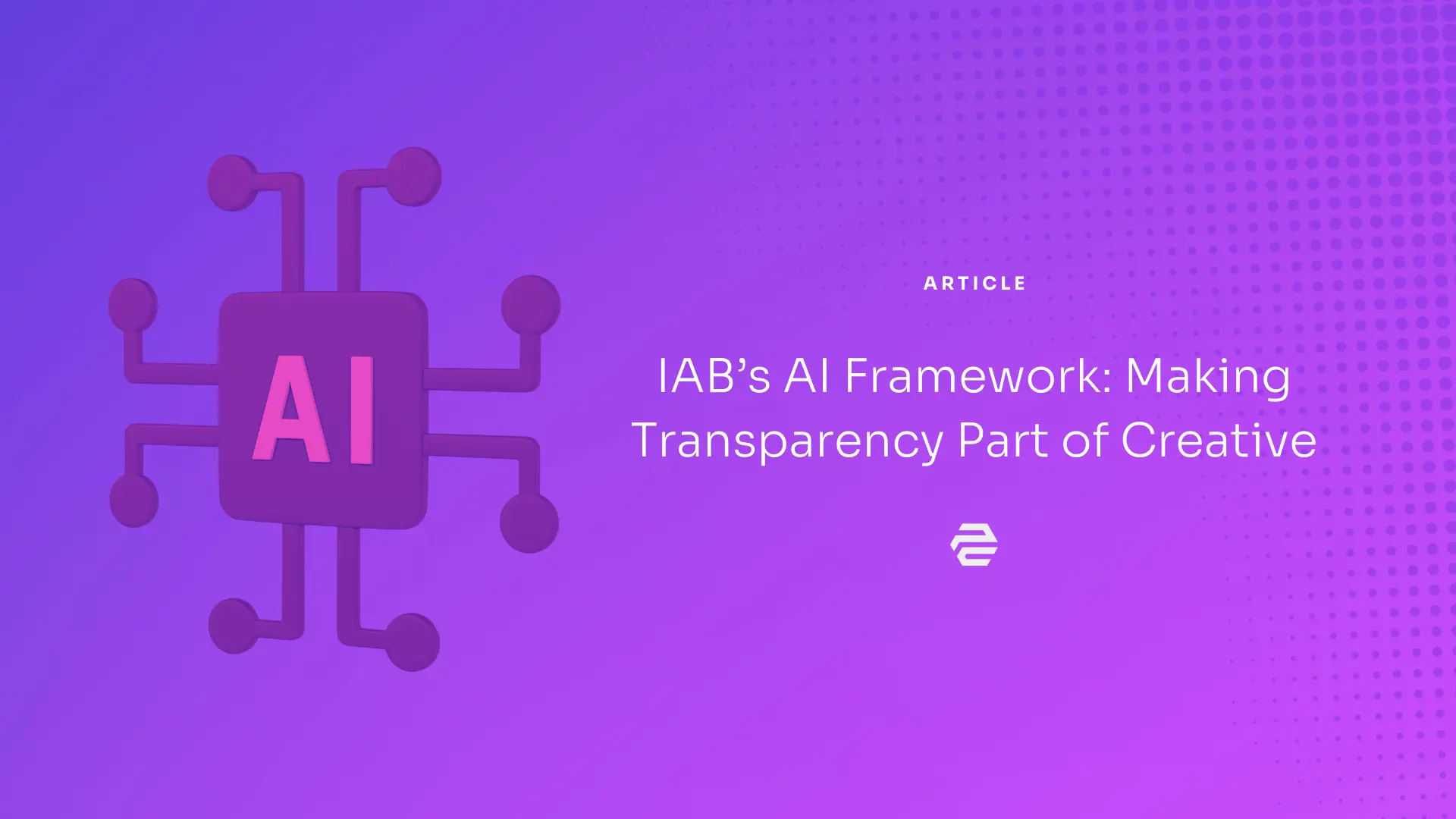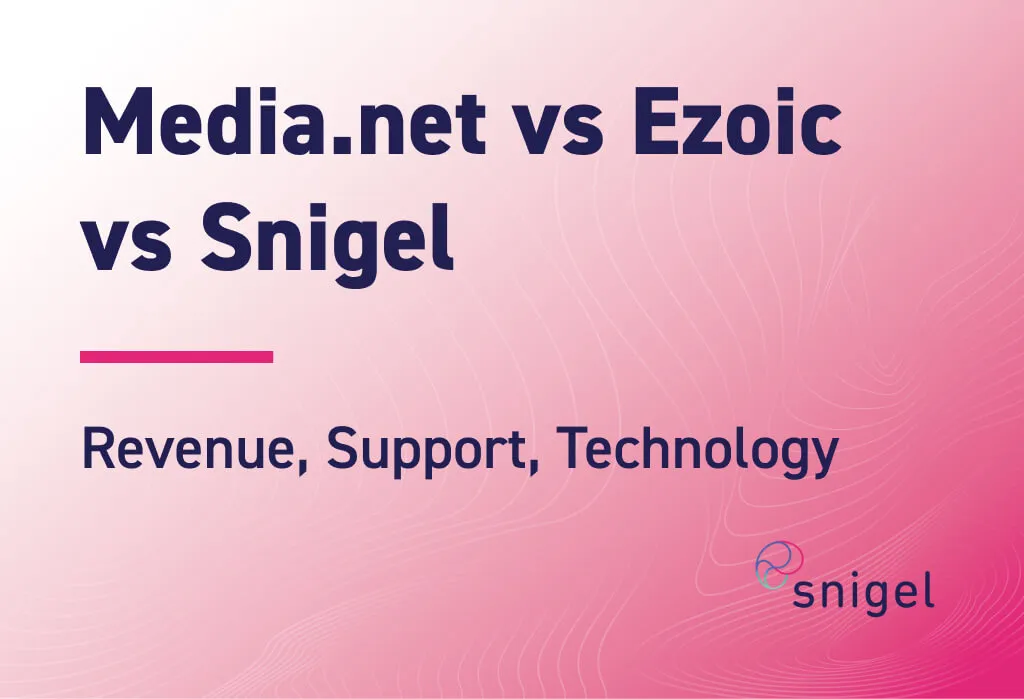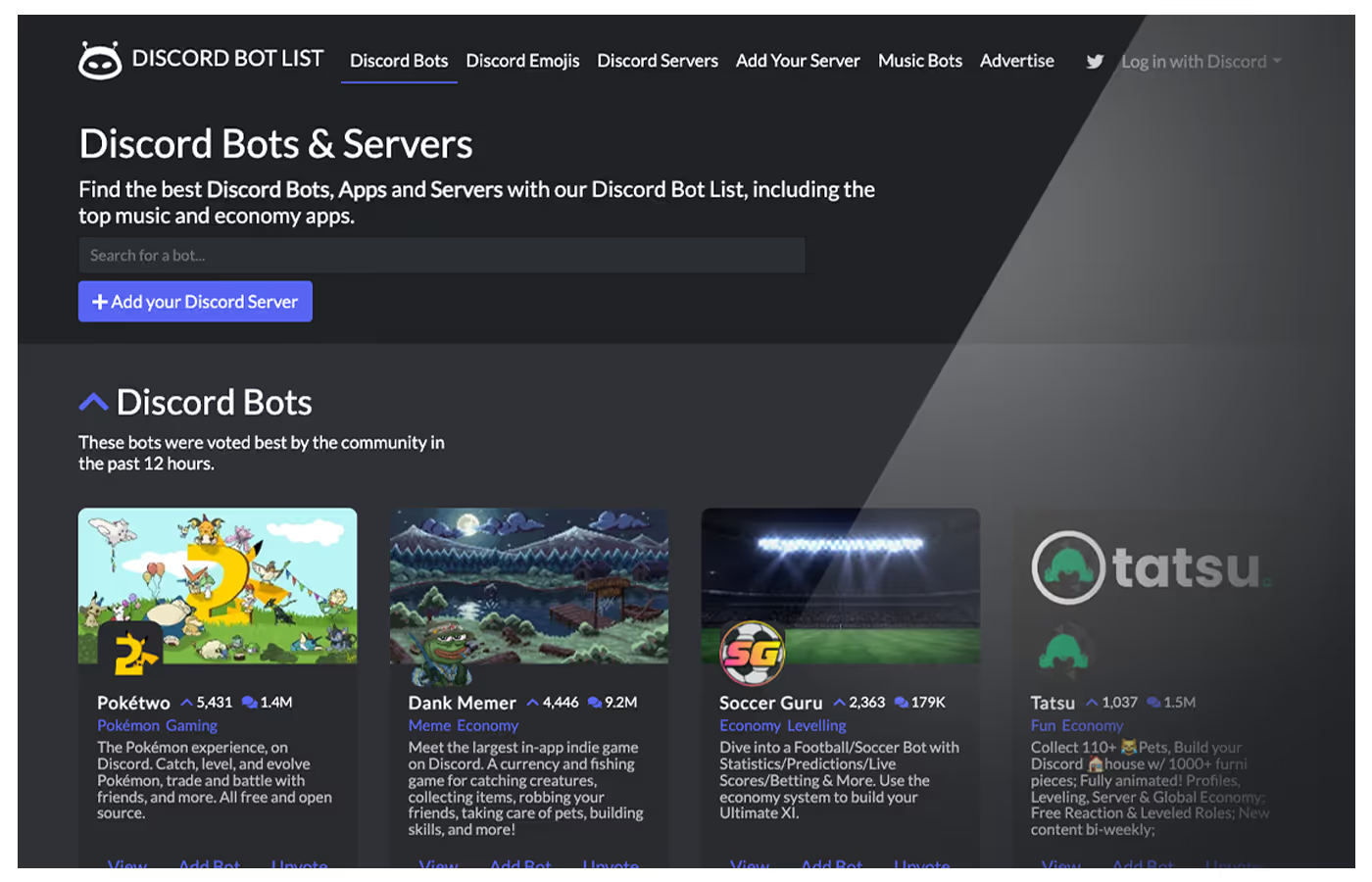What makes an online audience anonymous?

Major web browsers are following Google’s lead in limiting the use of third-party cookies from advertisers and publishers. Though there’s a lot of upsides to the deprecation of third-party cookies (safer and faster browsing for users, increased pricing power for publishers), site owners could see a dip in revenue as advertisers adjust to the new Internet. This, coupled with the surge of new privacy legislation that’s coming into play this year, means publishers are looking for new ways to secure their site revenue.
This is where anonymization comes in. While it isn’t a new process, it’s expanded beyond its original purpose of anonymizing data to comply with security and health legislation such as HIPAA. Now, site owners and ad networks can use anonymization for safe targeted advertising, as well as a protection against data breaches or fraud.
What’s anonymization of an online audience anyway?
Data anonymization is described as a type of information sanitization, similar to redaction. The difference is that where redaction typically deals with the express dissemination of information or data, data anonymization is used as a protection against data leaks or as a safeguard for transferring data. The point of data anonymization is to protect the identity of the users whose data is being anonymized.
Anonymization means a user should be unidentifiable from the given data. This means that if a user’s data is scrambled or randomized, but still has a unique number or phrase attached to that data, the data is not anonymized. If the data in question is anonymized with the intention of de-anonymizing it at a later point, it’s pseudonymized, and again, not a case of true anonymization.
CEO of Anonymised, Dr Mattia Fosci, summed it up in our March 2024 webinar about online privacy.
“Anonymization means that you need to be able to mathematically demonstrate that the likelihood of going from a group down to an individual is vanishingly small or nonexistent,” said Fosci.
How do I benefit from an anonymized audience?
Since targeted advertising has been such a boon for both advertisers and publishers over the last decade, it might seem counterintuitive to anonymize your audience. But anonymizing your users and their data doesn’t mean that your site can’t still make significant revenue from targeted advertising.
“It’s almost like scrambling an image or zooming out to a point where you see only the group, and not the individual,” said Fosci. “You’re still targeting, and you still reach that individual, but there’s no personal data that’s going out.”
Advertisers can use contextual advertising to assume commonalities about your users. For example, it’s safe to assume that a user who visits a website about running is interested in running. So advertisers can target the user with advertisements for running shoes and kit, or home gym equipment. Maybe the users are also interested in cooking a healthy diet at home, so fresh meal kits and cooking tools can be advertised to the user, all without ever knowing the user’s data.
We’re working with Anonymised to ensure our partners are still seeing their revenue continue to flow after the third-party cookie disappears. If you want to hear more of Dr Mattia’s insights on anonymization, check out our March 2024 webinar here.
Book a call with an expert
We pride ourselves on creating meaningful relationships with our publishers, understanding their priorities and customizing our solutions to meet their unique needs.


